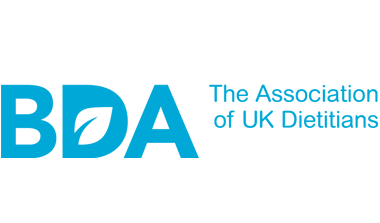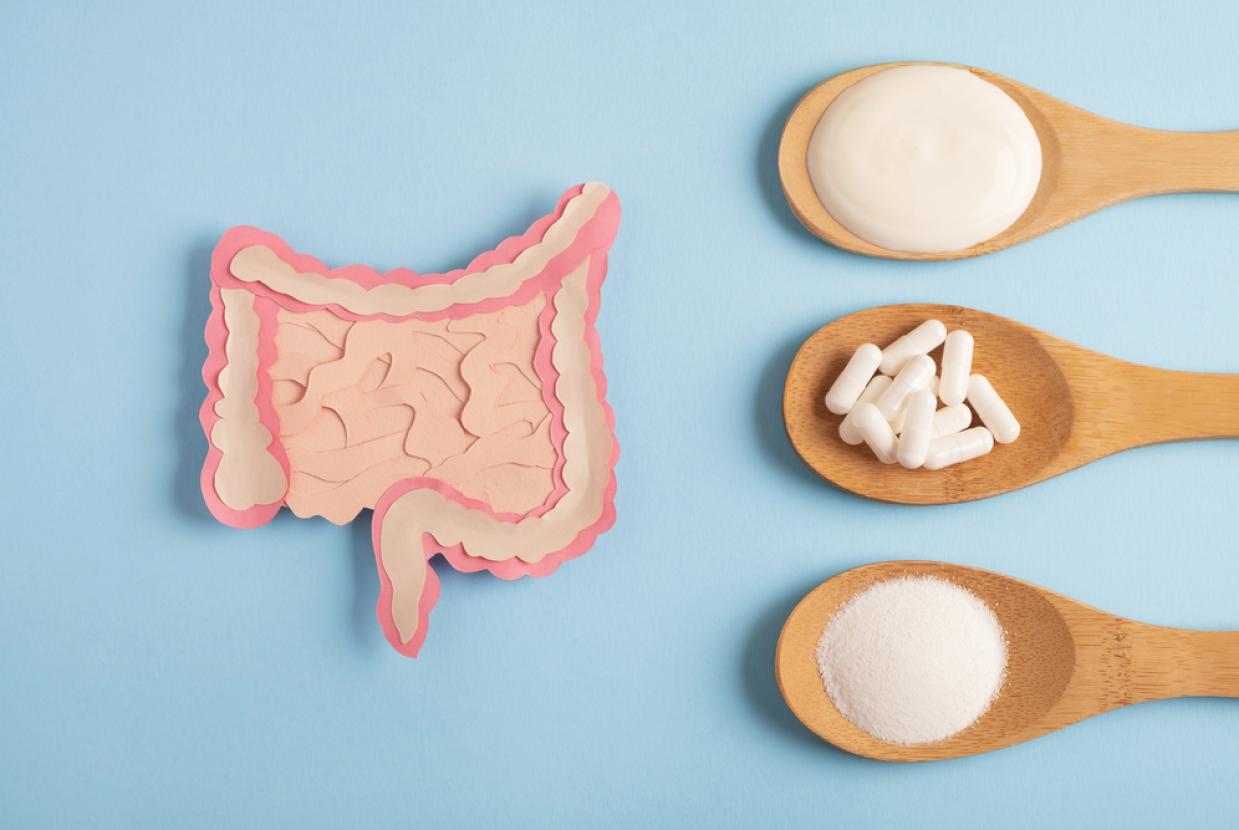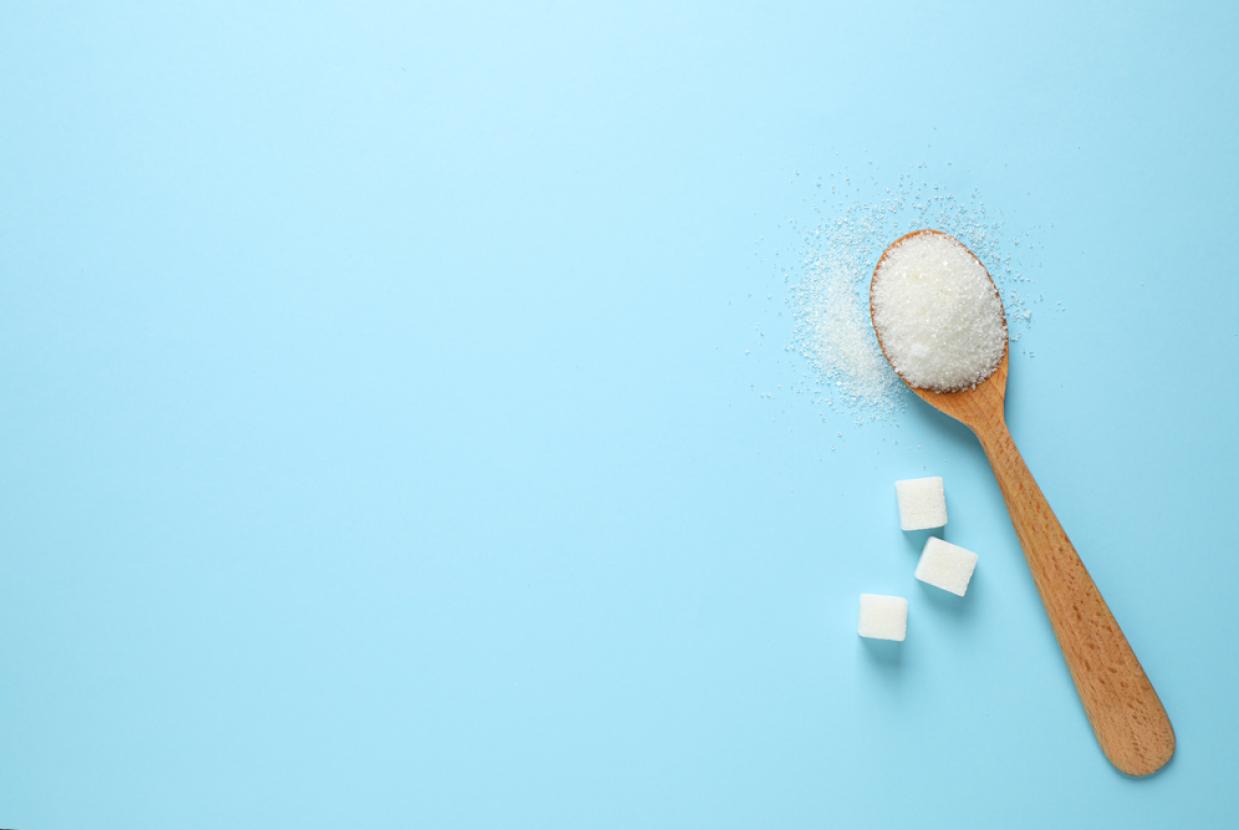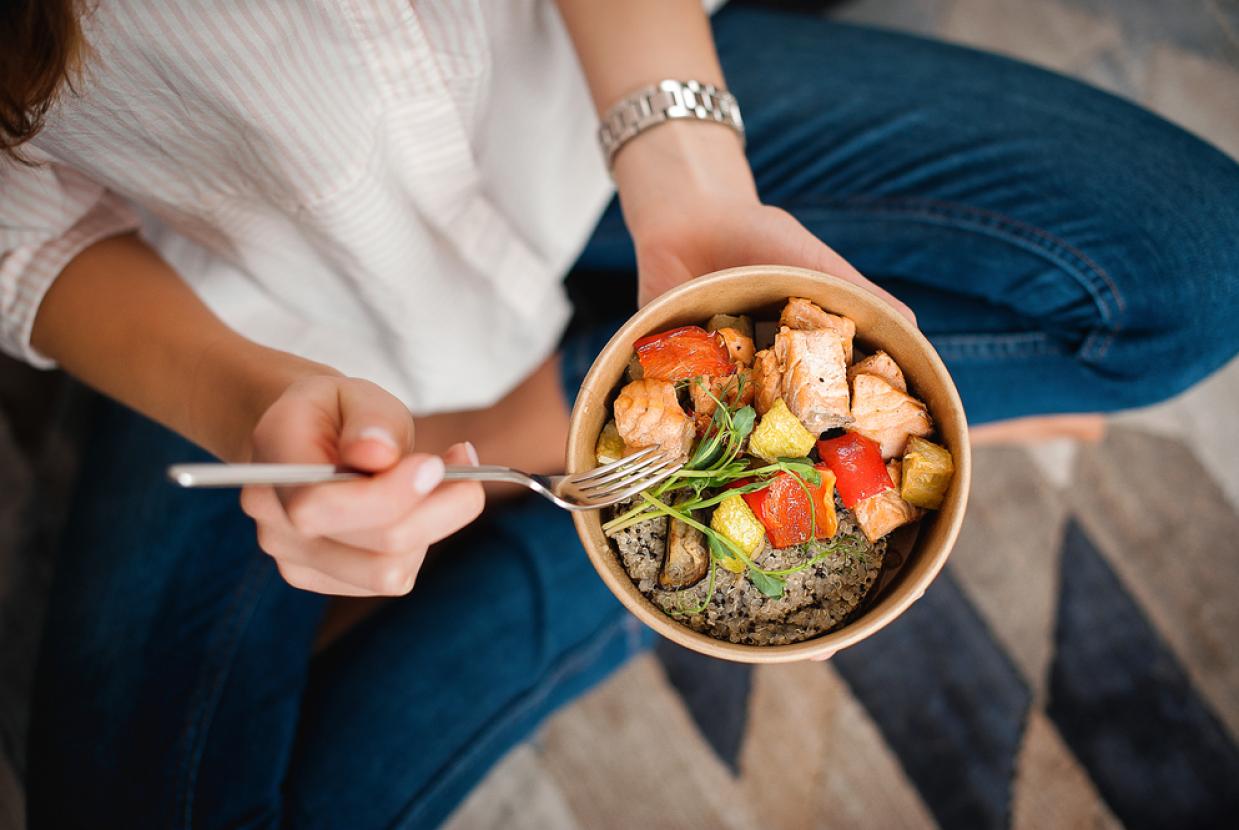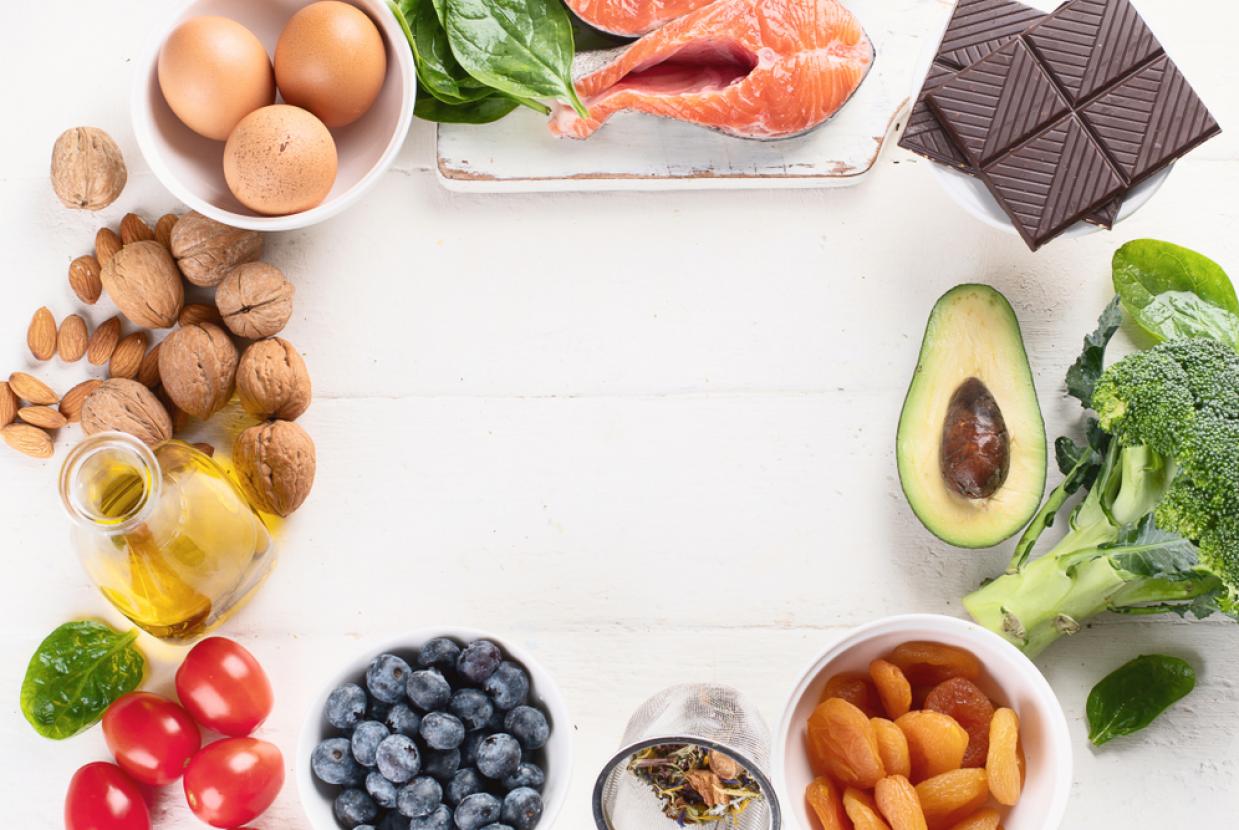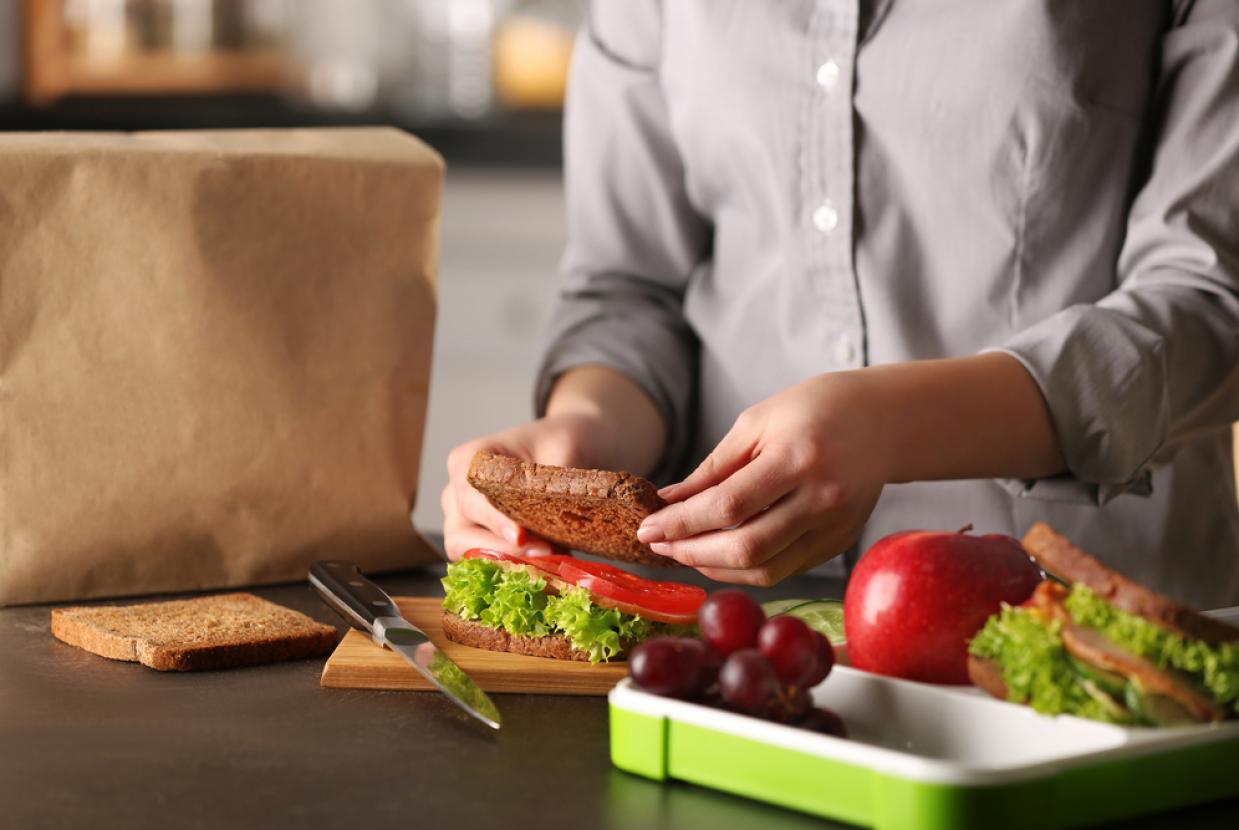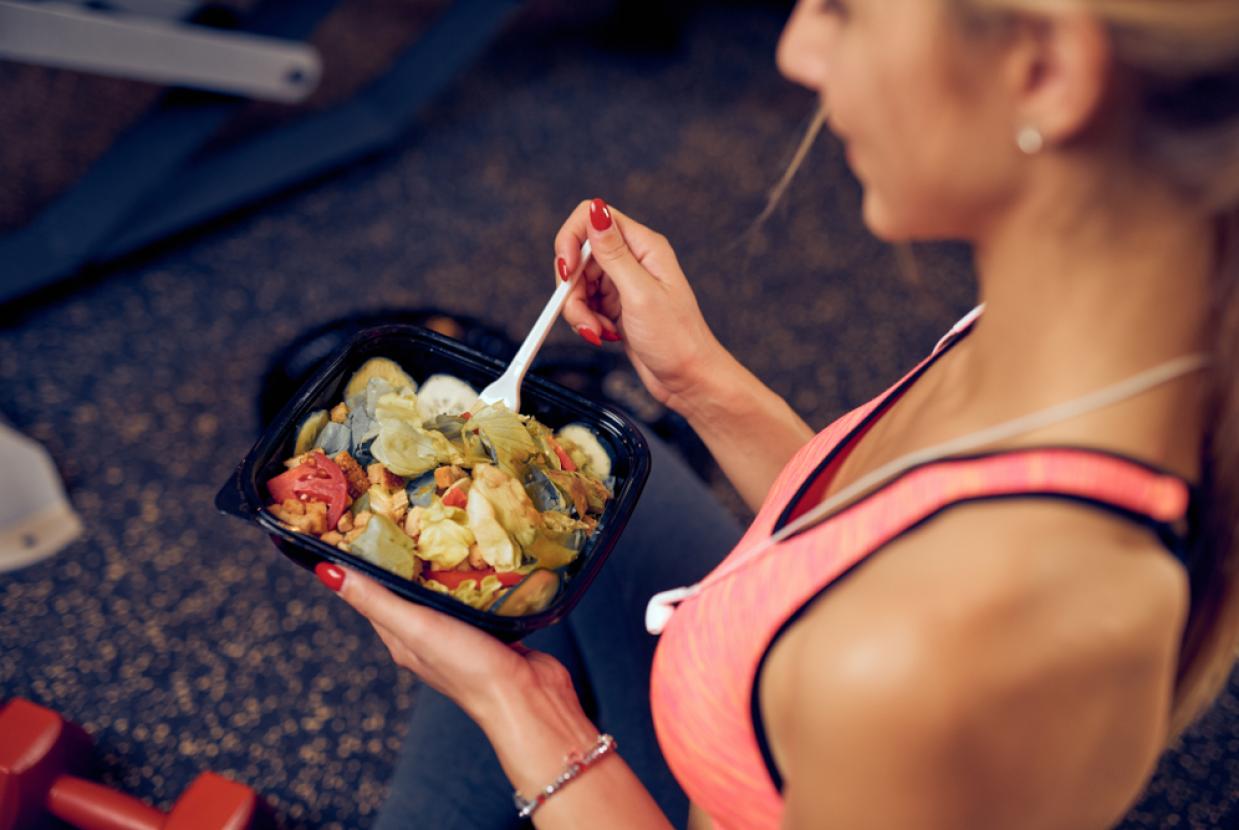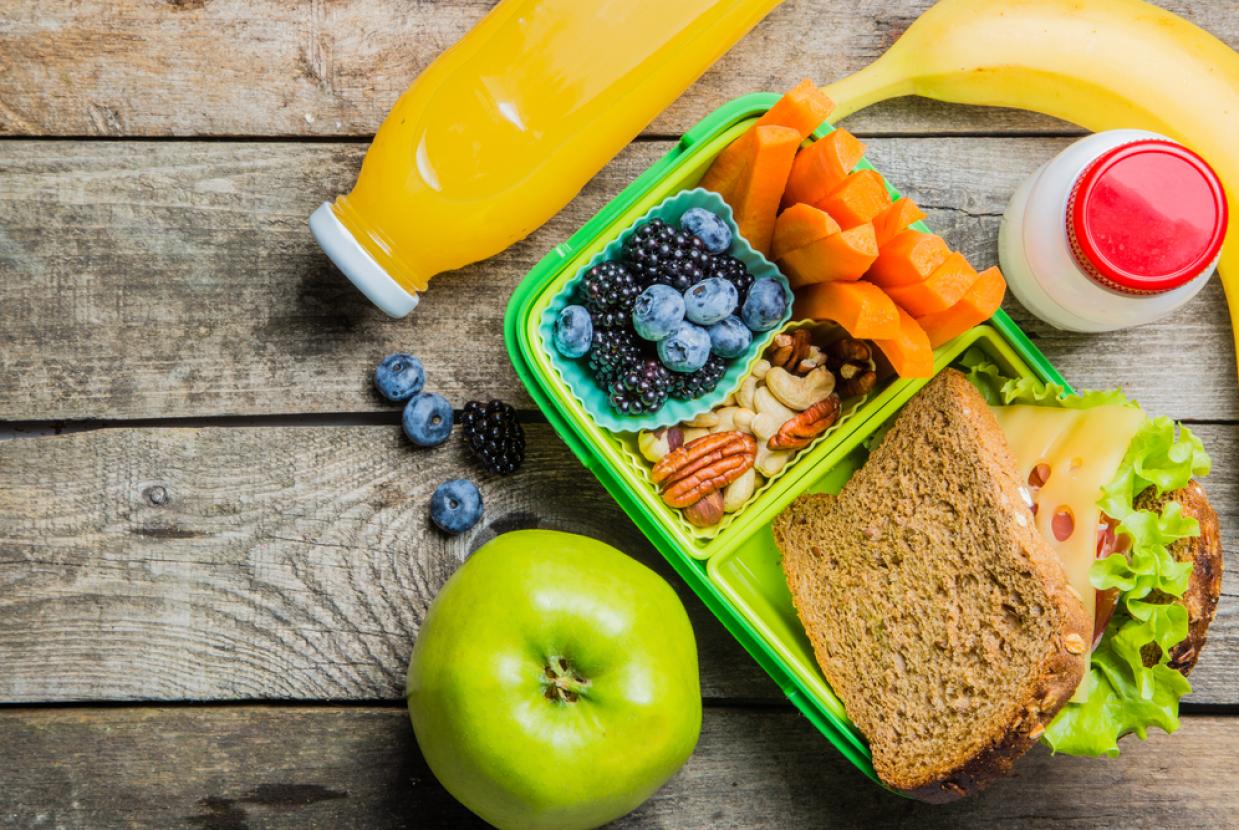Food & Mood
We all have good days and bad days; we all have foods we like more, or like less. But is there a connection between feeling fine and the foods we have eaten? Do some foods make us feel grumpy? Is it possible to plan a diet for a good mood?
Vitamins and minerals
When you don’t eat enough nutrient-rich foods, your body may lack vital vitamins and minerals, which may affect your energy, mood and brain function. The table below shows how not getting enough of some vitamins/minerals can affect your mood, and what you can eat to replenish your body.
You should aim to get your vitamins and minerals from eating a healthy, balanced diet with plenty of fruit and vegetables.
In certain circumstances or for certain people, supplements may be beneficial e.g. folic acid for all women planning pregnancy; iron supplements for people diagnosed with anaemia; vitamin B12 for vegans and older adults, and vitamin D for everyone in winter months, and all pregnant and breastfeeding women, older adults, and people with dark skin.
Carbohydrate = Glucose = Brain Power
To be able to concentrate and focus your brain needs enough energy, which comes from blood glucose. In fact, the brain uses 20 per cent of all the energy your body needs.
Glucose is also vital to fuel muscles and maintain body temperature. The glucose in our blood comes from the carbohydrates we eat – including fruit, vegetables, cereals, bread, rice, potatoes, sugars and lactose in milk.
Eating breakfast and regular meals containing some carbohydrate helps you have enough glucose in your blood. Healthier sources of carbohydrates include wholegrains, vegetables, fruits, legumes and lower fat dairy foods. These are important sources of other nutrients as well, such as calcium and B vitamins.
Not having enough glucose in your blood (hypoglycaemia) can make you feel weak, tired and ‘fuzzy minded’. This may happen when you don’t eat enough carbohydrate-containing food, and is a particular risk if you have diabetes or do extreme exercise or manual labour. It can also happen if you follow a very restrictive diet or have irregular eating patterns.
Although glucose ensures good concentration and focus, once your blood glucose is within the normal range, you cannot further boost your brain power or concentration by increasing your glucose levels. If you are eating some carbohydrate foods, additional sugary ‘energy’ drinks are not needed and not helpful.
Comfort eating
There is a messenger chemical in the brain called serotonin, which improves mood and how we feel. Serotonin is made with a part of protein from the diet (tryptophan), and eating carbohydrate-rich foods may help more of this get into your brain.
This suggestion has been used to explain ‘carbohydrate craving’ – eating sweet, comfort foods to boost mood. There is not enough research to show that eating lots of protein foods containing tryptophan or eating a lot of carbohydrates can really support mood improvement in humans. But it may be that not eating enough carbohydrate (for example through a high protein/high fat diet) leads to low moods.
You also may have heard the idea that eating chocolate can make you feel happier, and there are observations that people feeling down are more likely to eat chocolate. This is probably because chocolate is a well-known reward and comfort food, rather than due to any potent physiological effects particular to cocoa.
Caffeine and the ‘drug-effect’
Caffeine, found in coffee, cola and energy drinks, is often called a drug: it acts as a stimulant and can increase feelings of alertness, and counter the effects of fatigue. However it may be that some of the effects of caffeine actually ‘normalise’ the lower levels of alertness felt by regular users who have not consumed enough caffeine that day.
Too much caffeine, particularly in people who are not used to it, may cause the adverse effects of irritability and headache. Such symptoms also occur with caffeine withdrawal in people used to lots of caffeine on a regular basis.
Vitamins and minerals - effect on mood and what foods can help
Missing vitamin/mineral | Effect on mood | Foods which can help |
Iron Not getting enough iron results in low levels of oxygen carrying haemoglobin in the blood, resulting in the condition anaemia. | Feeling weak, tired and lethargic all the time. | The risk of anaemia is reduced by eating enough iron, particularly from red meat, poultry and fish, beans and pulses, fortified cereals. Avoid drinking tea with meals. |
Thiamin B1, Niacin B3 or Cobalamin B12 (all B vitamins) | Tiredness and feeling depressed or irritable. | Fortified foods including wholegrain cereals, animal protein foods such as meat, fish, eggs and dairy. |
Folate/folic acid | Increased chance of feeling depressed, particularly important in older people. | Folate is found in liver, green vegetables, oranges and other citrus fruits, beans and fortified foods such as yeast extract (marmite) and fortified breakfast cereals. |
Selenium | May increase the incidence of feeling depressed and other negative mood states. | Brazil nuts, meat, fish, seeds and wholemeal bread. |
The gut-brain axis
There is some current interest in links between mood and the gut microbiome (the trillions of bacteria resident in the human colon). Consistent research outcomes are needed before any valid claims can be made about this.
Omega-3 fats
Long chain omega-3 fats (found in fatty fish) support the development of the foetus during pregnancy, particularly the brain. Some research suggests that diets containing omega-3 fats may help to reduce low mood states in adults.
So does food affect mood?
There are many ways that foods can affect how we feel, just as how we feel has an influence on what foods we choose. Some of the mood/food effects are due to nutrient content, but a lot of effects are due to existing associations of foods with pleasure and reward (chocolate) or diet and deprivation (plain foods). Some foods also have religious, economic and cultural significance, which will influence how we feel when eating them.
Summary
Feeling good comes from a diet that has enough healthy choice carbohydrate at regular times to keep blood glucose levels stable, and eating breakfast is a sensible habit.
Diets should also contain a wide variety of protein and vitamin and mineral-containing foods to support the body’s functions. As a rule, plenty of fruits and vegetables and wholegrain cereal foods, with some protein foods, including oily fish, will support a good supply of nutrients for both good health and good mood.



